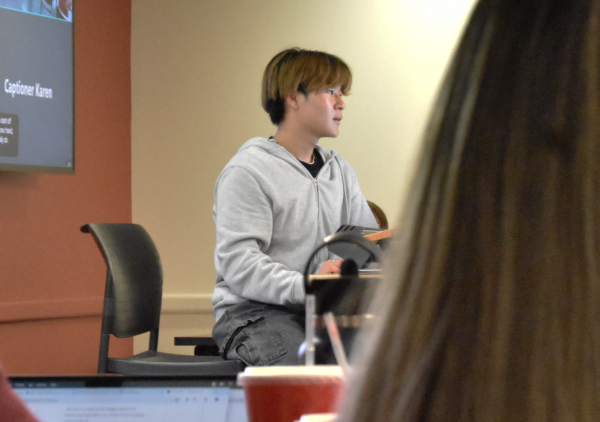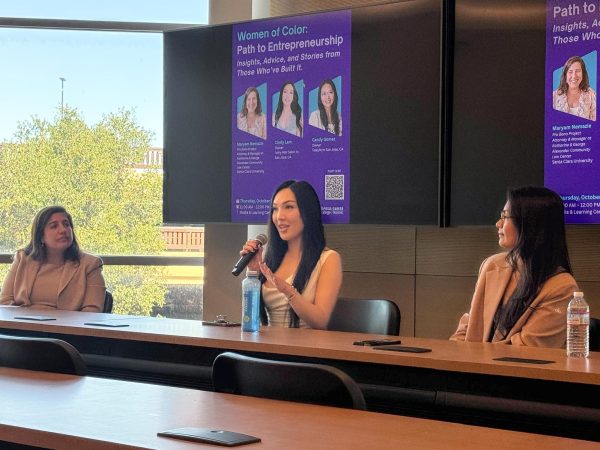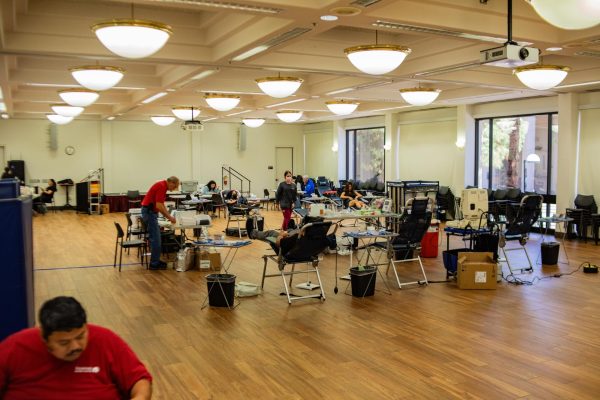Assembly bill 897 to increase part-time professor hours
June 15, 2019
De Anza College’s Academic Senate debated a resolution to increase the maximum amount of hours a part-time professor can teach from 60-67% of a full-time professor’s hours to 80-85% at the March 11 meeting.
The resolution in support of Assembly Bill 897 received six votes in favor, six votes in opposition and nine abstention votes.
The bill was first introduced by assembly member Jose Medina on Feb. 20 and would take effect in January 2020.
Academic Senate President Karen Chow said that part-time professors support this bill because it “enables part-time faculty to teach larger loads at a single college, which can be logistically and financially better.”
Some faculty oppose it as it “might disincentivize departments and colleges to hire full-time faculty,” Chow said.
Mylinh Pham, part-time history instructor, said “there is a notion that if I can’t get a full-time job, then I might as well maximize out.”
Foothill-De Anza Faculty Association President Tim Shively said the state encourages colleges to increase full-time faculty.
“From time to time and just this past year, the state has given colleges the money to hire full-time instructors and there is more money in line for next year on that purpose,” Shively said.
Pham said she was initially excited on the changes of AB897 but feels the changes are short-term and conflict with De Anza’s situation.
Pham said classes are distributed unevenly because full-time faculty and senior level part-time professors have more chances of getting sections which leaves new part-time professors at a disadvantage.
Shively said part-time instructors can receive a “reemployment preference” after teaching five quarters at De Anza. After this preference, professors have more chances in getting more sections.
Pham said she is concerned on how part-time faculty can earn more hours despite the recent budget cuts and enrollment declines.
“80% does not mean an increase in jobs; it is just an increase in the amount that one person can work,” said Pham. “So it’s not even a guarantee that anybody will get 80% given the limits on sections.”





























